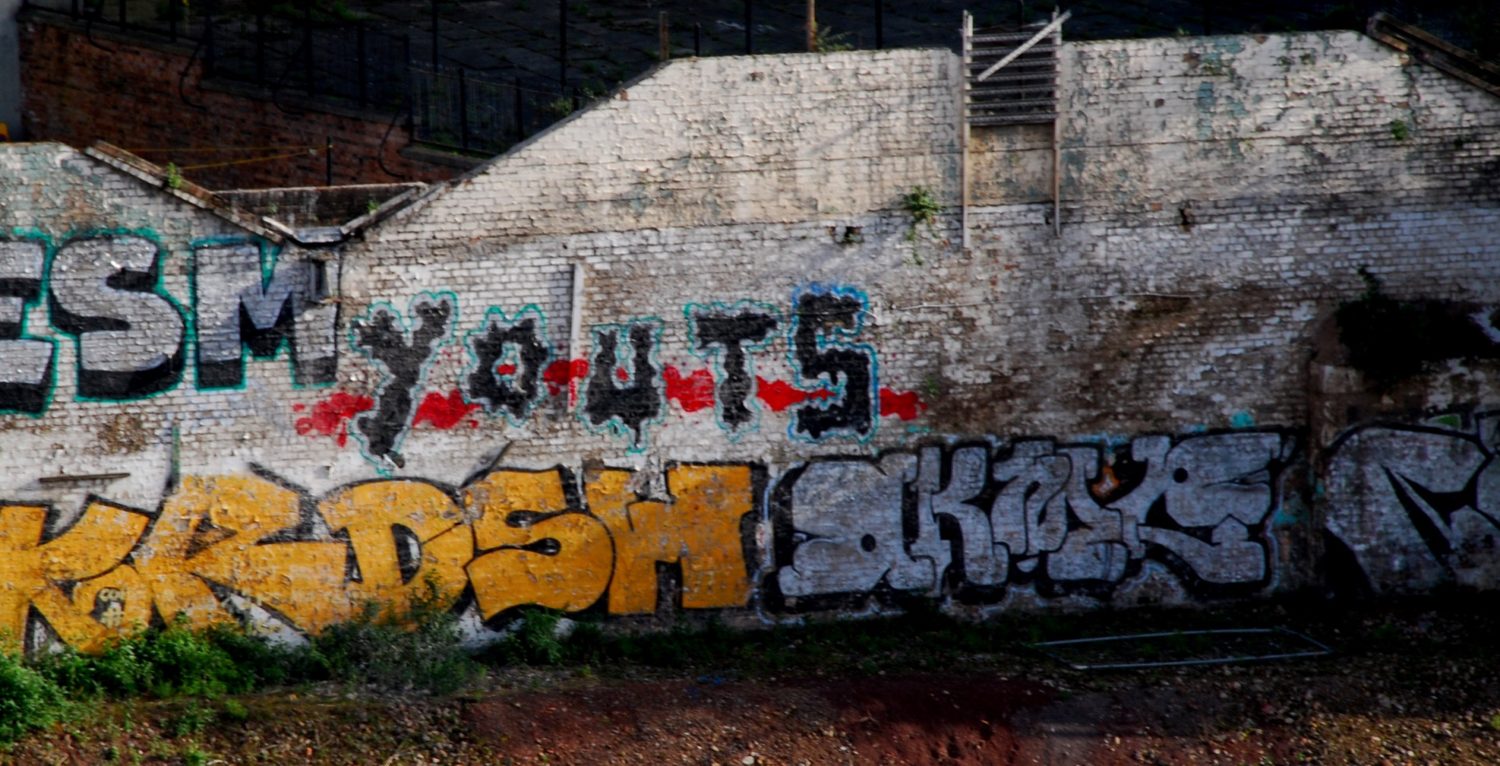Back to the future
We need to look beyond Brexit and tackle the inequality in opportunities for young people, writes Stephen Evans.
Politics seems to increasingly resemble a bad soap opera with a daily dose of headlines about resignations and fall outs. In the meantime the clock ticks down on our planned departure from the EU in March 2019.
Just as importantly, this has all meant far too little focus on the big long-term challenges facing our country.
One of the biggest is how to make sure all young people get a fair chance in life. One in ten 16-24 year olds is not in education, employment or training. Our young people have poorer literacy and numeracy than many others – along with the United States we are the only countries in a recent study where younger age groups rank worse on these basic skills than older people. Take up of higher education is good compared to other countries, but with large socioeconomic gaps in access.
The starkest fact underpinning all of this is that young people’s life chances are more dependent on how their parents did at school than in other countries. This is a fundamental unfairness: where you’re from too often matters more than where you’re going.
That’s why Learning and Work Institute has launched a new Youth Commission. Over the next year it will look at the big challenges and try to find solutions. We’re pleased that our commissioners include Kate Green MP and others from the education and skills world.
Our launch report sets out some of these challenges and tries to understand some of the reasons. Lower participation in credible vocational and technical education is a cross-cutting theme. There are success stories: one in two 18-30-year olds gaining higher level skills is not out of line with other countries. But where we stand out is in too often making higher education a one shot chance at a full time, three year degree at age 18. Attainment of Level 3 qualifications, the A Level equivalent that is central to our future economy, has stalled. This is compounded by lower take up of technical and vocational skills than other countries.
Too many young people become stuck in low paid or insecure work. In the UK your best chance of a pay rise is to move jobs. Yet younger people are less likely to move jobs than before 2008. The myth of the job hopping millennial turns out to be just that – a myth (…though the Cabinet are doing their best to increase job turnover rates).
New polling for the Youth Commission shows the public share many of these concerns. Older people are almost twice as likely to be pessimistic about prospects for the next generation, and those out of work and in lower socioeconomic groups are more likely to say the education system didn’t work for them.
Much of this feels a bit back to the future. Shortfalls in technical and vocational education options have been written about for decades. As ever, analysis is easier than solution.
Over the next year, our Youth Commission will try to find some of these solutions. What role can national and local government play in helping young people in low paid and insecure work to get on? How can trades unions help? Are the government’s apprenticeship reforms and introduction of T Levels heading in the right direction? How could Labour’s National Education Service make a difference?
Our polling also shed light on the public’s views about policy. Most popular among all age groups was increased access to work experience and placements. Older age groups were most likely to say a focus on english and maths was essential. Higher socioeconomic groups rated cutting university fees as a higher priority than lower socioeconomic groups, who were more likely to want more opportunities to learn through life. No age group or socioeconomic group thought expanding grammar schools should be a big priority.
Brexit is hogging the headlines, and of course is massively important. But we also need to look beyond Brexit. Tackling the inequality in opportunities for young people is central whether you’re the Prime Minister who said she wanted a country that works for everyone or the leader of the opposition who talks about building a Britain for the many not the few.
Time for big thoughts. Time to deliver.
Find out more about Learning and Work Institute’s Youth Commission here: www.learningandwork.org.uk/Youth-Commission

